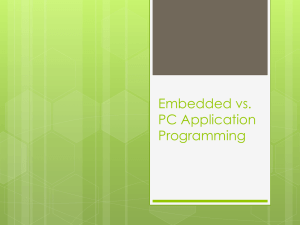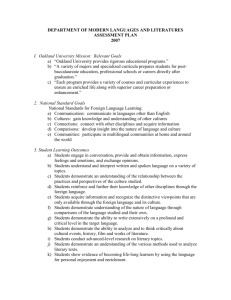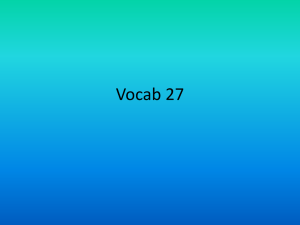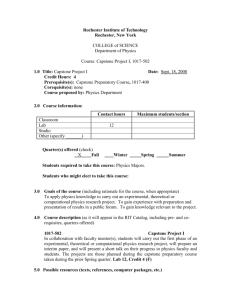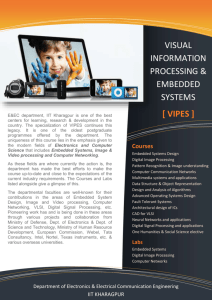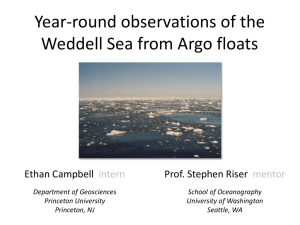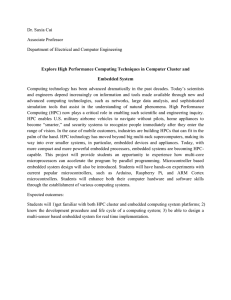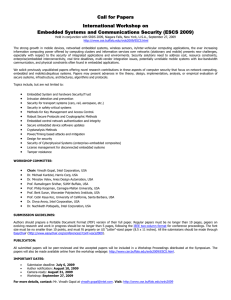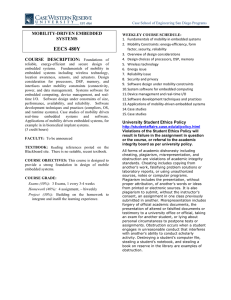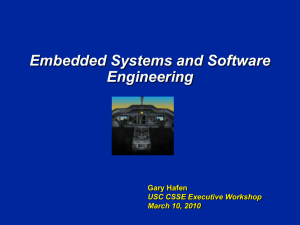Final Report - University of Canterbury
advertisement
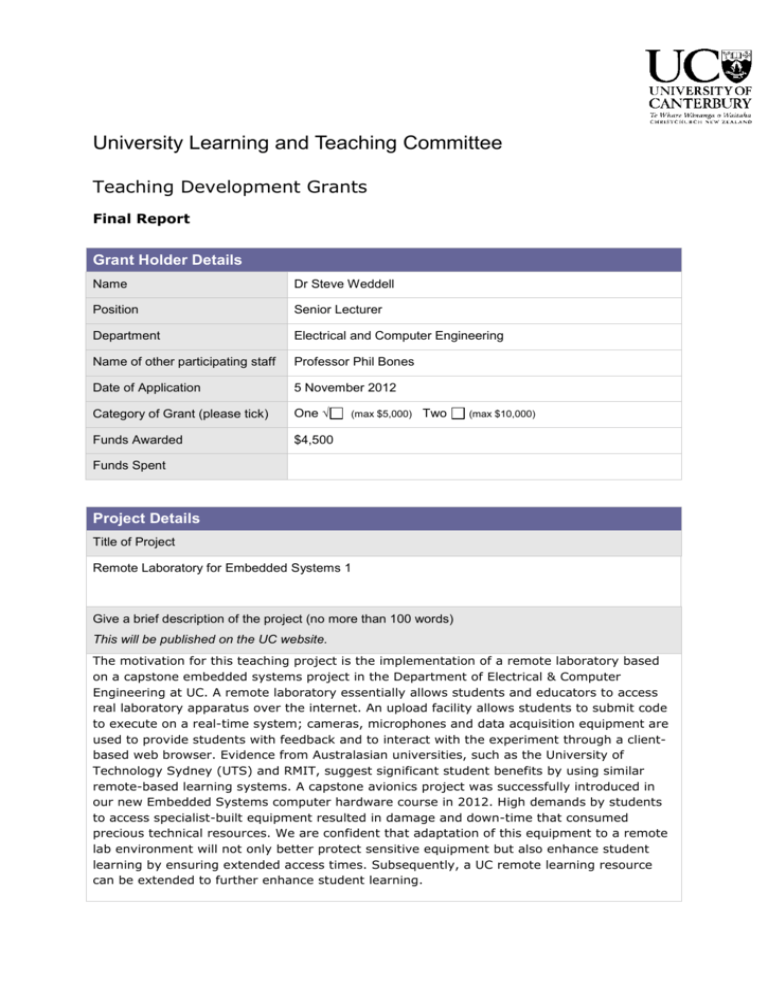
University Learning and Teaching Committee Teaching Development Grants Final Report Grant Holder Details Name Dr Steve Weddell Position Senior Lecturer Department Electrical and Computer Engineering Name of other participating staff Professor Phil Bones Date of Application 5 November 2012 Category of Grant (please tick) One √ Funds Awarded $4,500 (max $5,000) Two (max $10,000) Funds Spent Project Details Title of Project Remote Laboratory for Embedded Systems 1 Give a brief description of the project (no more than 100 words) This will be published on the UC website. The motivation for this teaching project is the implementation of a remote laboratory based on a capstone embedded systems project in the Department of Electrical & Computer Engineering at UC. A remote laboratory essentially allows students and educators to access real laboratory apparatus over the internet. An upload facility allows students to submit code to execute on a real-time system; cameras, microphones and data acquisition equipment are used to provide students with feedback and to interact with the experiment through a clientbased web browser. Evidence from Australasian universities, such as the University of Technology Sydney (UTS) and RMIT, suggest significant student benefits by using similar remote-based learning systems. A capstone avionics project was successfully introduced in our new Embedded Systems computer hardware course in 2012. High demands by students to access specialist-built equipment resulted in damage and down-time that consumed precious technical resources. We are confident that adaptation of this equipment to a remote lab environment will not only better protect sensitive equipment but also enhance student learning by ensuring extended access times. Subsequently, a UC remote learning resource can be extended to further enhance student learning. Please comment on the following (indicate N/A where not applicable): 1. The positive impact the outcomes of this project have had on your teaching and/or the teaching in your department/school/ area. Extended collaborative links with the University of Technology Sydney and we are cooperatively building a new remote lab for use across our ANZ region. 2. The positive impact the outcomes of this project have had on student engagement and student learning at the University. My 3rd Professional Year student, Nicholas Wareing, wrote a paper on this project and presented this at ENZCon’13 conference in Auckland in November 2013. 3. How you have shared the findings of this initiative within the wider university community/nationally/ internationally. Again, we wrote a paper and this accepted for publication. I’m keen to write a longer journal article once the project has been extended later this year. 4. If you plan to sustain/extend this initiative within the department/school beyond the finding period and if so, why or why not? Yes, because remote laboratory learning is an ongoing development. This year we will be using a remote learning lab for ENCE361! 5. Outline any difficulties or problems you encountered during the course of the project/while attending the conference covered by the grant. None really. We have support from the top (PVC), down. 6. Comment on any differences in outcome of the project/conference from those you predicted or expected when you applied for the grant. Again, none that I can think of. 7. Any further comments. This award was a great opportunity to fund a worthwhile and extremely useful project. The results of this Learning & Teaching project will be used in our teaching (ENCE361) in S1 this year (2014). (Advice to future grant applicants is welcome here, as are any suggestions for the better handling of the application process or administration of grants.) Sign off Name & Signature: Steve Weddell Date: 24 Jan, 14

